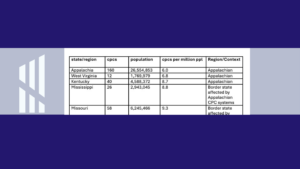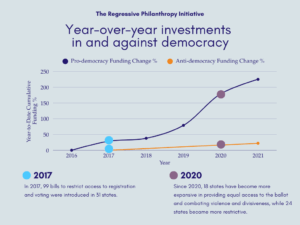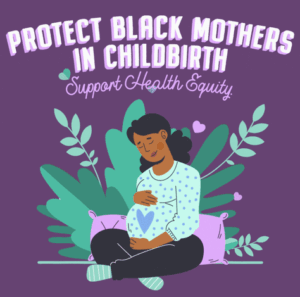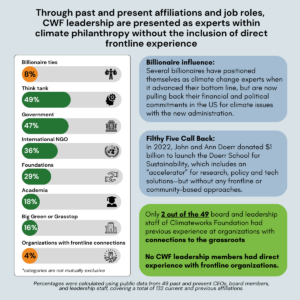I try not to be cynical, but over the last 2 years “equity” has become a bumper sticker – an appendage that organizations slap on their requests for proposals, brochures and websites to communicate that they are about the work of eliminating racial disparities.
These organizations have the right language to talk about their pursuits related to diversity, equity and inclusion, yet their language is often incongruent with their actions. It’s ignorance at best and calculated scheming at worst.
Equity as a concept has gained momentum for foundations due in large part to organizations like NCRP and Edgar Villanueva emphasizing the fractures, power imbalances and displacement of communities in decision-making, and asking whether there is another way.
In Decolonizing Wealth: Indigenous Wisdom to Heal Divides and Restore Balance, Villanueva writes:
“Colonial, white supremacist organizational practices seem inevitable…and they still govern the great majority of our institutions, but they were design choices. This means that other choices are available, even when they seem far-fetched. We know what organizations look like, feel like, and function like when they are inspired by the colonizers’ principles of separation, competition and exploitation. How would they be different if they were based on principles like integration and interdependence, reciprocity and relationship?”
Villanueva’s question got me thinking: Which design choices could foundations implement to disrupt their current realities of control and command that perpetuate a scarcity mindset versus one of abundance?
NCRP’s Power Moves assessment guide is instructive in answering this question and provides a road map.
The tool explicitly calls out power dynamics and offers examples of foundations that have re-assessed their relationships with grantees from an equity lens and reconsidered resource distribution.
The funders held up as examples in Power Moves have wrestled with the discomfort inherent in the re-examination of how they’ve used their power and privilege in relation to marginalized communities.
As noted in Power Moves,
“Foundations are unique entities that enjoy privilege in numerous ways, starting with their tax-exempt wealth. Beyond compliance with IRS rules, they experience very little public oversight and are not accountable to any other constituency. The people who run foundations enjoy privilege, too. A large proportion of trustees and CEOs are white and therefore enjoy personal and positional privilege on top of institutional privilege. Whether they are aware of it or not, they likely reflect and reinforce the dominant white culture.”
Power Moves outlines 3 areas where foundations can stretch and move closer to being woke:
1. Building power: Supporting systemic change by funding civic engagement, advocacy and community organizing among marginalized communities.
2. Sharing power: Nurturing transparent, trusting relationships and co-creating strategies with stakeholders.
3. Wielding power: Exercising public leadership beyond grantmaking to create equitable, catalytic change.
Recognizing power dynamics and committing to cede power requires stamina and a dismissal of the Burger King syndrome where foundations presume it’s their way right away.
For foundations to cast a vision that is inclusive and centers equity will likely result in tension and moments of white fragility, discomfort and defensiveness on the part of a white person when confronted by information about racial inequality and injustice, for those involved.
And that’s OK. We grow in moments that stretch us – and can begin to move forward. Villanueva outlines a path toward creating a more equitable future, and 1 step in the healing process is an apology:
“Apologizing requires that white people of wealth snap out of their paralyzing white fragility and guilt, and just step up. It requires that people of color and Indigenous people dismantle their internalized oppression and admit that they too were infected by the colonizer virus. Basically, it requires everyone to grow up and take responsibility for their actions, in order to move forward.”
For foundations, this is a moment of reckoning: A moment to disrupt centuries of inequity and power imbalance by relinquishing the reins.
This is an opportunity to interrogate assumptions and question the structures that undergird grantmaking, board membership, decision-making processes and community engagement practices.
By expanding the circle of human concern, a concept developed by john a. powell from the Haas Institute for a Fair and Inclusive Society, foundations can begin a sea change that wakes them up to a new dawn.
Makiyah Moody is a senior consultant with La Piana Consulting. Follow @LaPianaConsult and @Makmoody on Twitter.
Photo by Motor Verso. Used under Creative Commons license.





































































































































































































































































































































































































































